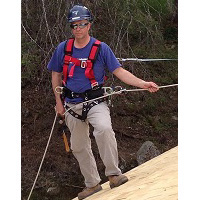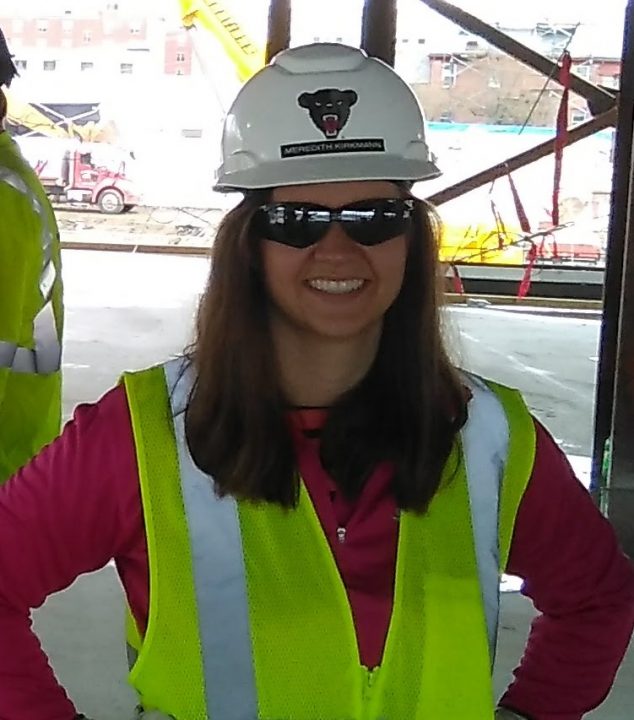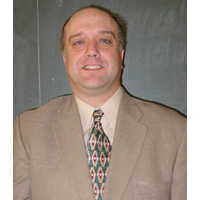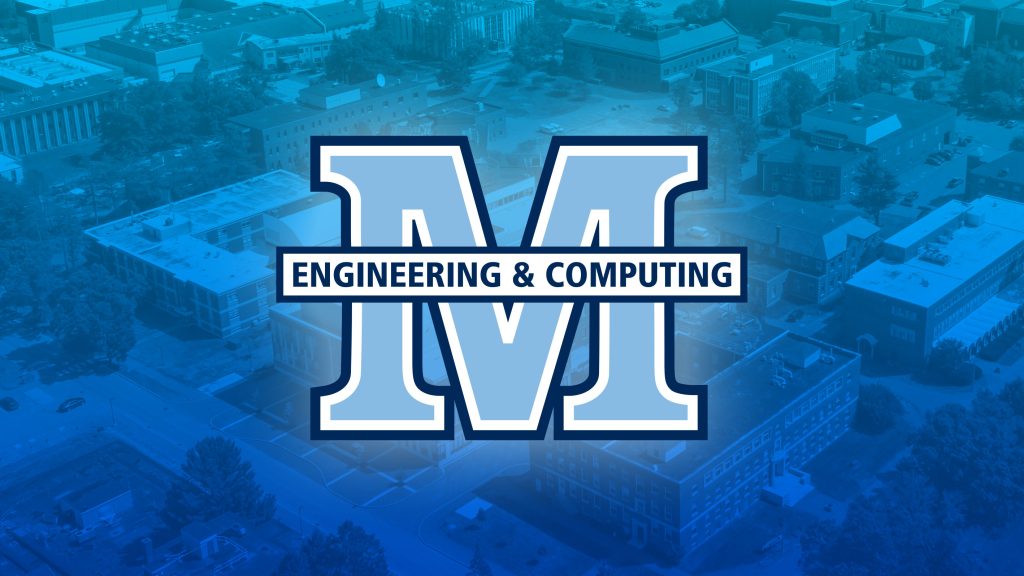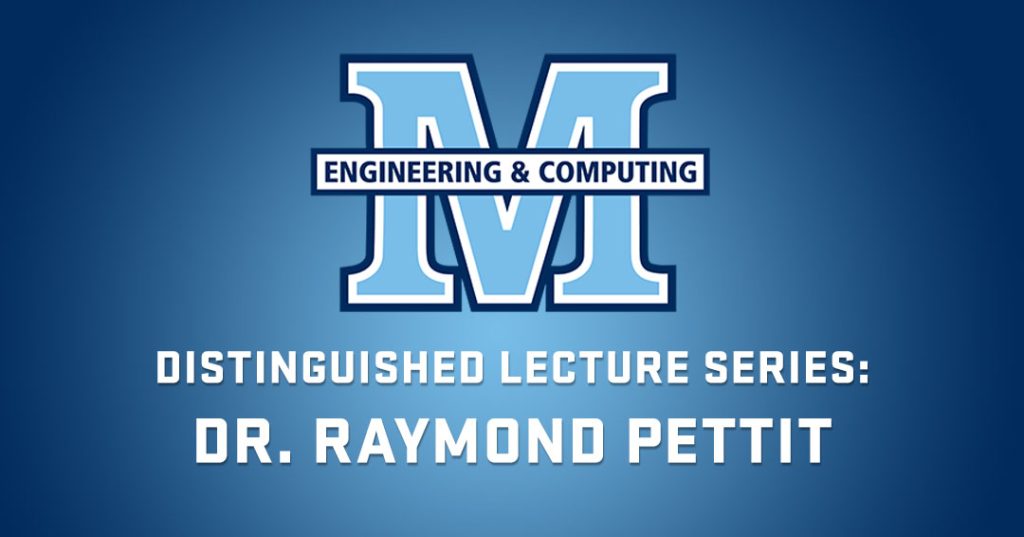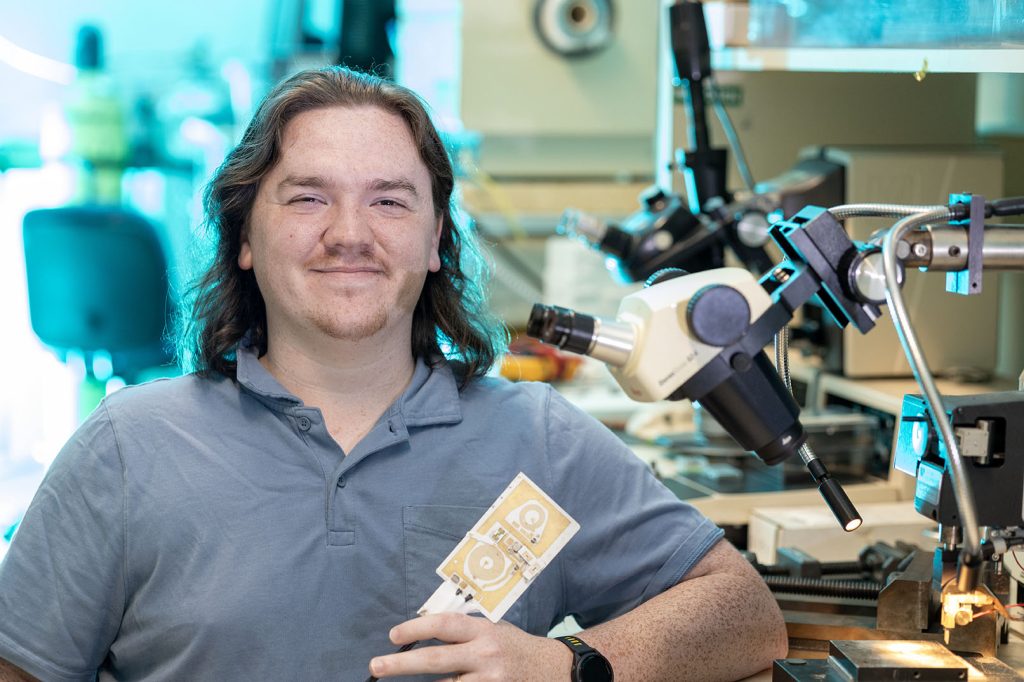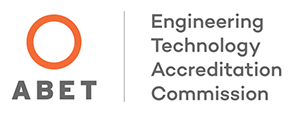Preparing students for careers in infrastructure development by combining construction, engineering, and management principles. Graduates gain hands-on experience and expertise, making them highly sought after by employers nationwide in various construction sectors.
construction Engineering technology students’ affordable housing pitch places second in competition
A team of University of Maine students, one graduate and one undergraduate, placed second in the 2024 Hack-A-House: A Housing Affordability Hackathon
construction Engineering technology
The Construction Engineering Technology program at the University of Maine integrates construction, engineering, and management principles to equip students with the practical knowledge needed to excel in the field. With a strong emphasis on hands-on learning, students engage in applied technical courses, laboratory work, and internships with top construction firms. The program focuses on providing students with both technical and managerial skills, allowing them to work on projects ranging from heavy highway and residential construction to commercial buildings.
Faculty with extensive industry experience prepare students for successful careers in project engineering, estimating, scheduling, and management, with many graduates advancing to roles such as project managers or even starting their own companies. The program boasts a nearly 100% job placement rate and offers robust internship opportunities, scholarship options, and a reputation for producing top-quality professionals in the field.
Programs Offered
Undergraduate Level:
UMaine Course Catalog, Overview of Degree Requirements
Entrance Requirements for Construction Engineering Technology
A high school diploma with the following specific courses:
- 4 years English
- 2 years Algebra I & II
- 1 year Geometry
- 1/2 year Trigonometry
- 2 years Lab Science (physics required)
- 2 years History/Social Studies
- 17 years Academic electives (to equal at least 17 total credits)
Please see the admissions page for more information on applying to the University of Maine.
Frequently Asked Questions
Curious about Construction Engineering Technology? Whether you’re a prospective student exploring career options or a current student looking for program details, this FAQ covers everything you need to know. From course topics and career opportunities to hands-on learning and industry demand, get answers to your most common questions about this exciting and evolving field.
What are the Fundamentals of Engineering (FE) & Principles & Practice of Engineering (PE) exams good for?
To a client, being a P.E. means you’ve got the credentials to earn their trust. To an employer, it signals your ability to take on a higher level of responsibility. Among your colleagues, it demands respect. To yourself, it’s a symbol of pride and measure of your own hard-won achievement.
Our Faculty & Staff
At MCEC, our faculty is the heartbeat of our academic community. Dedicated, inspiring, and deeply knowledgeable, our professors go beyond the traditional classroom experience to foster real-world skills and a passion for learning. Whether mentoring, leading innovative research, or providing personalized support, our faculty members are committed to empowering students to achieve their highest potential
William Manion
Meredith Kirkmann
Philip Dunn
Grahm Freme
Drew Pickering
School of Engineering Technology Contact Information
Erin Ellis
um.set@maine.edu
Administrative Specialist
Erin Wight
um.set@maine.edu
Academic Coordinator
Kayla Bouchard
um.set@maine.edu
Administrative Supervisor
5711 Boardman Hall,
Room 119
Orono, Maine 04469-5711
Tel: (207) 581-2340
MCEC NEWS


